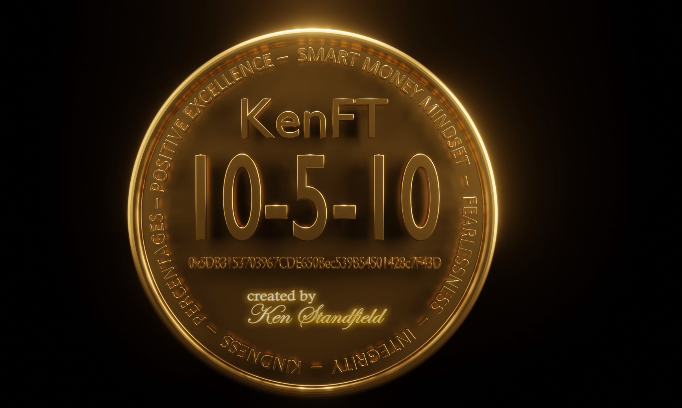Russian President Vladimir Putin has taken a daring step within the digital economic system by signing a legislation that formally recognizes digital propertysuch as Bitcoin (BTC), as a type of possession for overseas commerce agreements.
This transfer marks a strategic shift in Russia’s strategy to cryptocurrencies, providing each alternatives and challenges for miners, merchants and corporations navigating the nation’s altering regulatory panorama. As reported by the Russian media TASS on Friday, November 29, following the announcement of the federal legislation, the laws establishes a transparent framework for the use and taxation of cryptocurrencies.
A transparent tax framework for cryptocurrencies
One of probably the most notable options of the legislation is the introduction of a clear tax system for income derived from cryptocurrencies. Individuals incomes earnings from the acquisition, sale or exchange of digital currencies shall be topic to a two-tier tax system: 13% for earnings as much as 2.4 million rubles and 15% for earnings above this threshold. .
For cryptocurrency miners, earnings is assessed as “income in kind” and is taxed at market charges, with the potential of deducting mining-related bills. For their half, company entities can have their mining income taxed at the usual company price of 25% from 2025, eliminating any ambiguity within the regulation.
More controls, fewer tax advantages
Despite the alternatives opened by the brand new legislation, Russian crypto sector will face higher controls and fiscal restrictions. For instance, mining infrastructure operators shall be required to report their buyer information to tax authorities, with fines of 40,000 rubles ($371) for non-compliance.
Likewise, miners and merchants shall be excluded from a number of preferential tax regimes, such as simplified taxation methods, agricultural advantages and the regime for self-employed employees. Even the usage of the patent system and automated simplified taxation is prohibitedmaking certain that the federal government maintains strict management over crypto operations.
The implementation of those laws, which is able to come into drive after their official publication, just isn’t Russia’s first try to control the crypto house. In August, Putin signed a legislation establishing guidelines for large-scale cryptocurrency mining, limiting these actions to registered entities. However, this new measure goes additional, laying out a structured and relevant path for the Integration of digital property into the standard economic system.
Cryptocurrencies as a strategic software
The timing of those developments isn’t any coincidence.
As international sanctions and financial pressures improve, Russia seems to be positioning cryptocurrencies as a software to bypass conventional monetary methods and strengthen your overseas commerce. By exempting cryptocurrency mining and gross sales actions from VAT whereas introducing a sturdy tax regime, the Kremlin is sending a transparent message: regulate with out stifling innovation, a fragile stability that has been tough for a lot of nations to realize.
Although the legislation tightens management over crypto actions, it additionally opens the door for digital currencies to play a bigger position in Russia’s financial technique. The query now stays whether or not these measures will permit Russia to harness the potential of digital property or whether or not they’ll impose obstacles to innovation.













